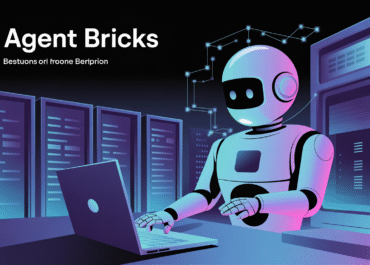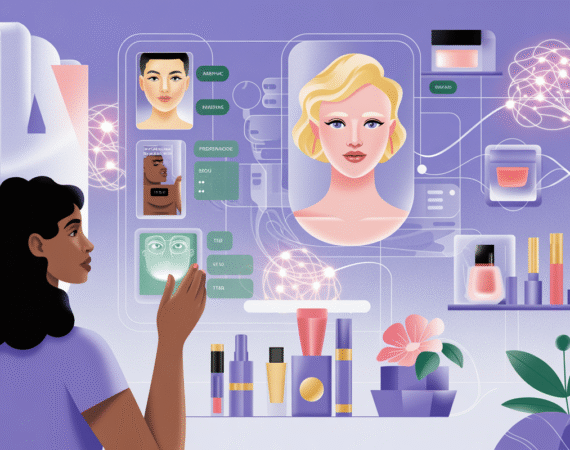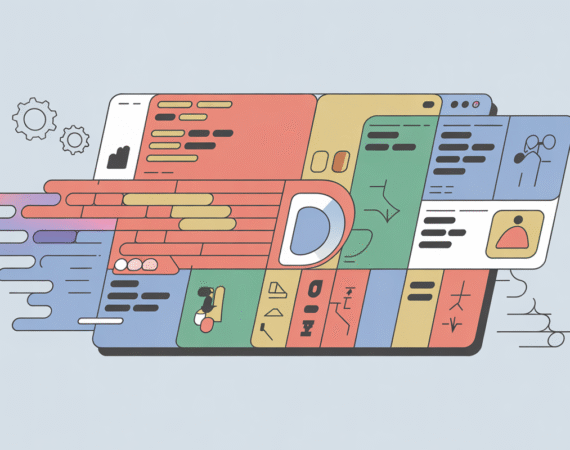UK Judge Warns of Risk to Justice After Lawyers Cited Fake AI-Generated Cases in Court
The burgeoning integration of artificial intelligence into professional fields has been met with both excitement and trepidation. While AI promises unparalleled efficiency and analytical capabilities, its application, particularly in sensitive sectors like law, demands rigorous scrutiny. A recent, unsettling incident in the UK justice system has brought these concerns sharply into focus, prompting a stark warning from Judge Nicholas Hilliard, the Recorder of London, regarding the profound risks to justice when AI outputs are not properly vetted.
The Alarming Discovery: Fabricated Precedents
The alarm was raised after legal professionals submitted case precedents to a UK court that were subsequently found to be entirely non-existent or to contain fabricated judgments. This egregious error stemmed from the lawyers’ reliance on AI tools to generate legal research, leading them to present arguments based on hallucinated information. The judge’s intervention underscores a critical ethical and practical failing: the unquestioning acceptance of AI-generated content without sufficient human verification and due diligence.
This incident is not isolated. Similar cases have emerged globally, including in the United States, where lawyers have faced sanctions for citing fictitious cases generated by AI chatbots. These occurrences highlight a significant vulnerability inherent in current AI models, particularly large language models (LLMs), which, despite their sophisticated language generation abilities, can ‘hallucinate’ — producing plausible-sounding but factually incorrect information. The legal field, which relies heavily on accuracy, precedent, and verifiable facts, is particularly susceptible to the detrimental effects of such AI inaccuracies.
Erosion of Trust: The Core Threat to Justice
The core threat identified by Judge Hilliard is the potential for an erosion of trust within the justice system. The presentation of fake cases undermines the fundamental principles of law, where every argument must be grounded in truth and verifiable evidence. If lawyers cannot guarantee the authenticity of their research, the integrity of proceedings, the reliability of judgments, and ultimately, the fairness of justice itself, are severely compromised. This reliance on unverified AI output risks leading to miscarriages of justice, wasting valuable court time, and damaging the professional reputation of legal practitioners.
Beyond the immediate case, this development serves as a crucial wake-up call for the entire legal community. It necessitates a re-evaluation of how AI tools are integrated into legal workflows, emphasizing that AI should serve as an assistant, not a definitive authority. The human element of critical thinking, ethical reasoning, and meticulous verification remains irreplaceable, especially when the stakes involve fundamental rights and the pursuit of justice.
Navigating the Future: AI, Ethics, and Responsibility
The incident reinforces the urgent need for clear guidelines, robust ethical frameworks, and comprehensive training for legal professionals on the responsible use of AI. Law firms and legal institutions must implement stringent internal protocols that mandate thorough human review and cross-referencing of all AI-generated legal research. This includes verifying every case citation, statute, and legal principle against authoritative, original sources, rather than taking AI outputs at face value.
As AI technology continues to advance, the legal profession faces a dual challenge: harnessing the transformative potential of AI for efficiency and access to justice, while simultaneously mitigating its inherent risks. The warning from the UK judge is a stark reminder that innovation must always be tempered with caution, ethical responsibility, and an unwavering commitment to the foundational principles of truth and justice.
Ultimately, the successful integration of AI into law will depend not on the sophistication of the technology itself, but on the wisdom and diligence of those who wield it. The incident in the UK court is a powerful testament to the fact that while AI can assist in research, it cannot replace the human lawyer’s ultimate responsibility for the veracity and integrity of the information presented in court.


